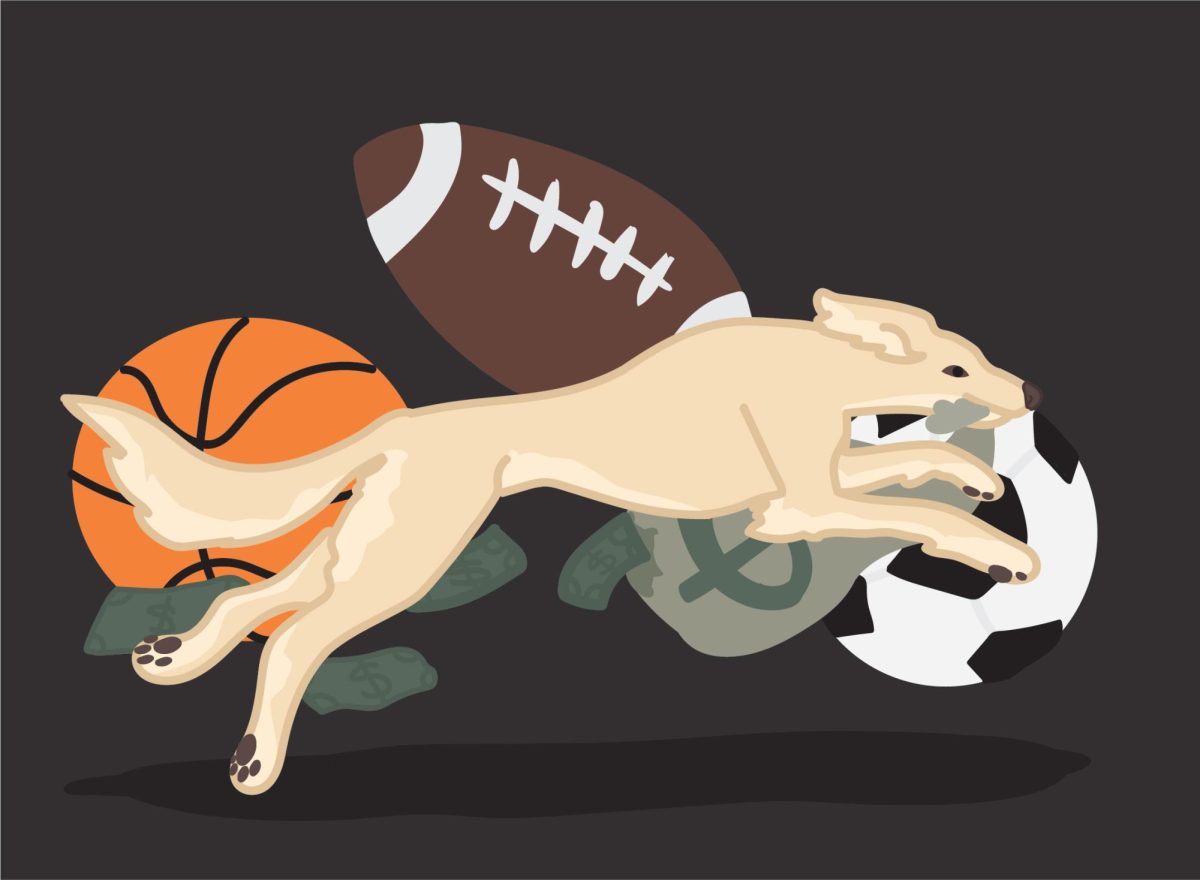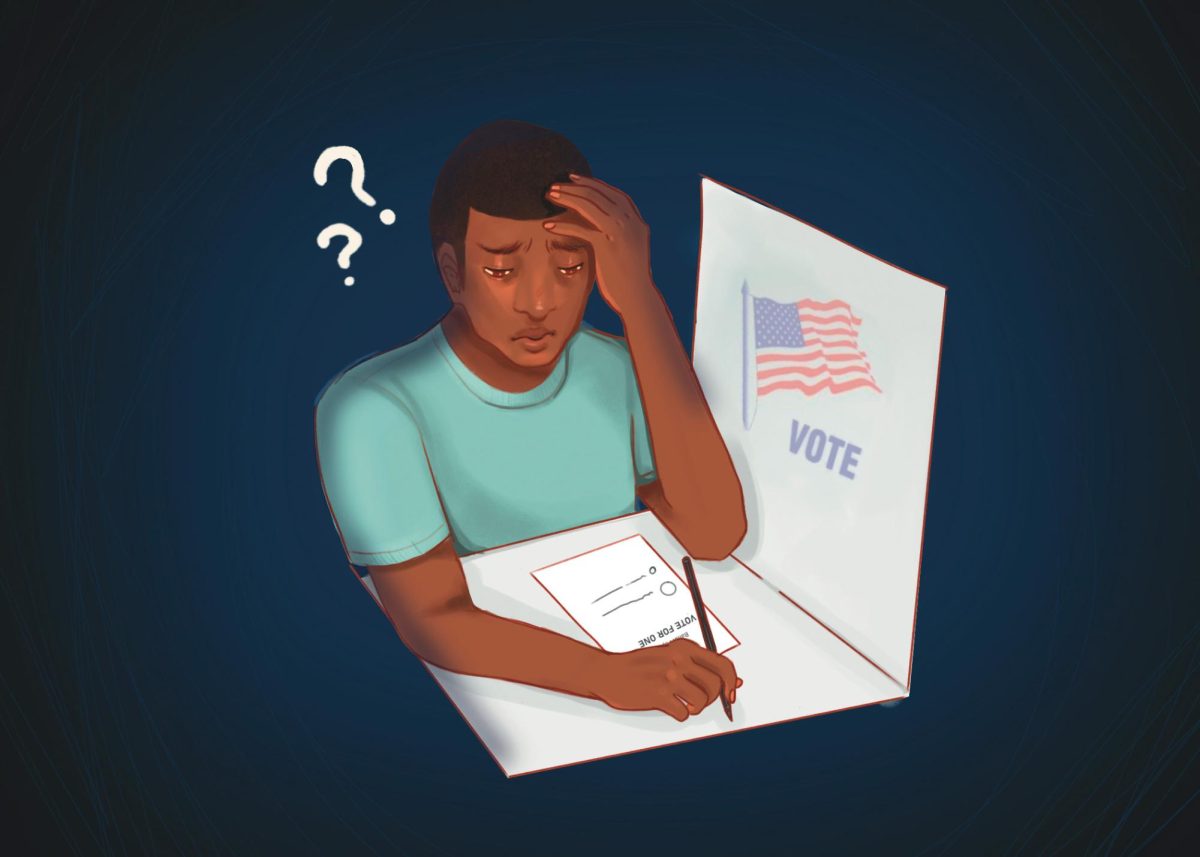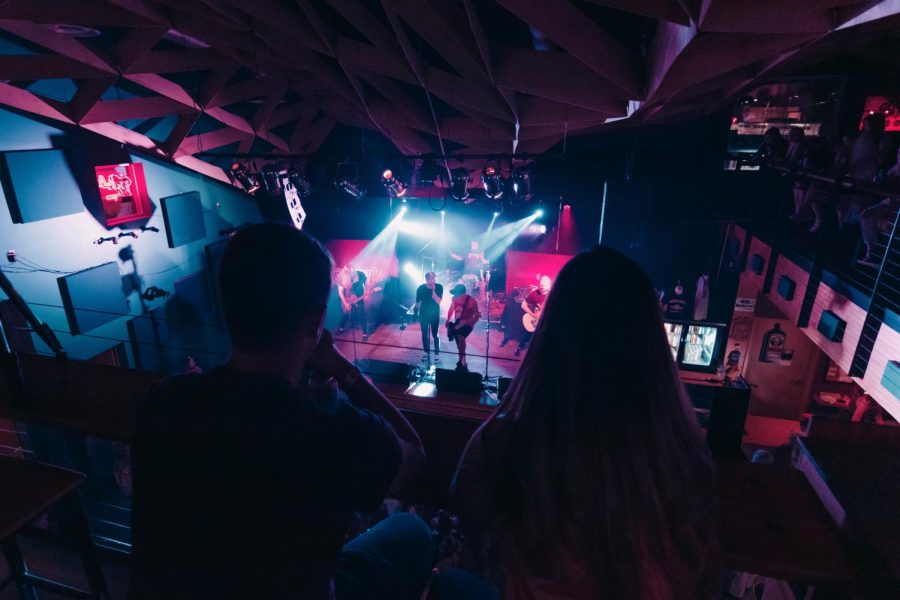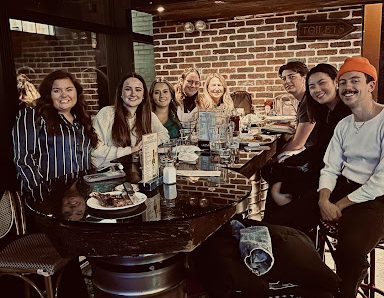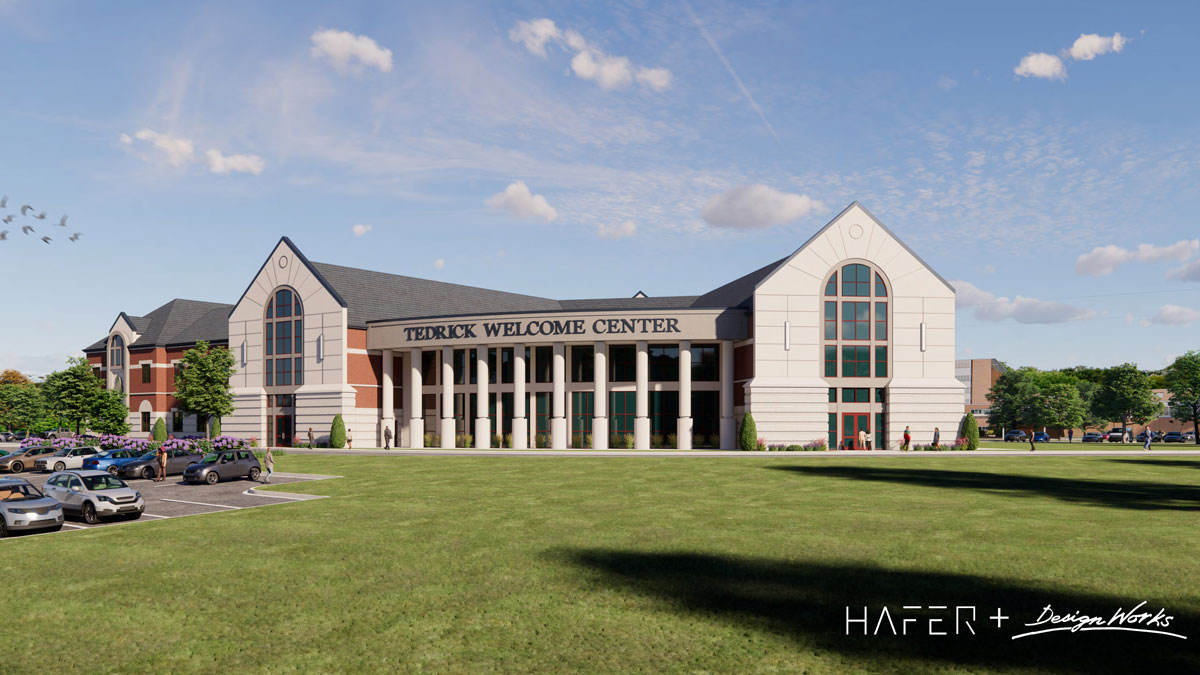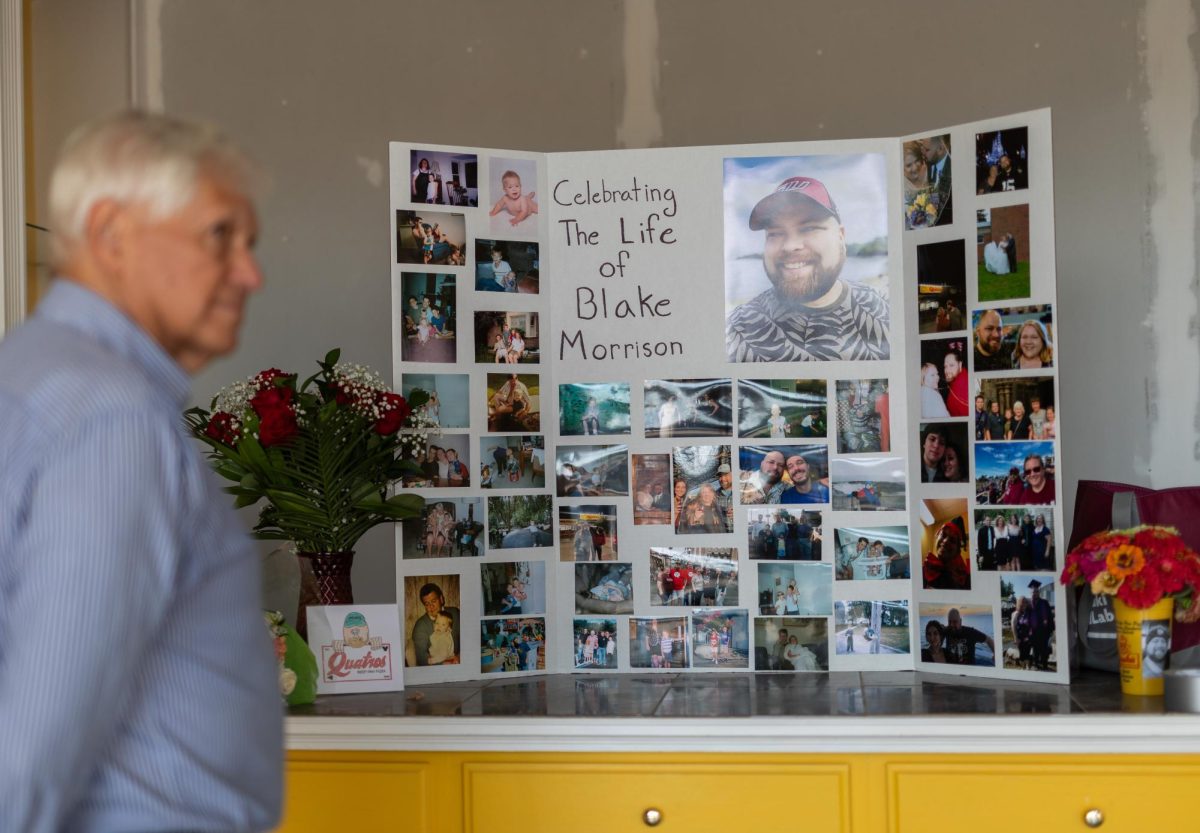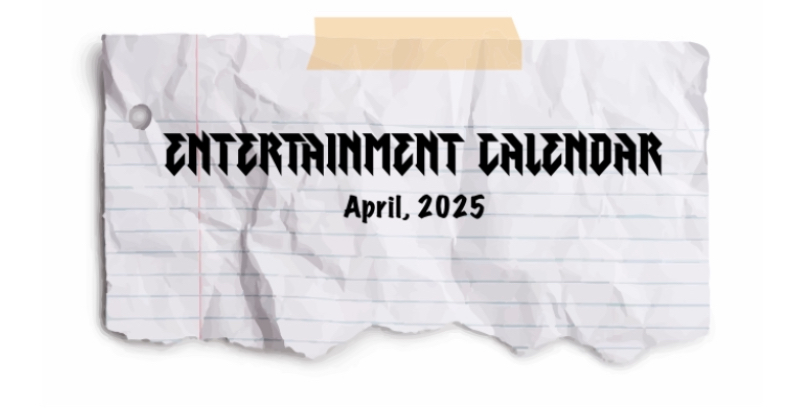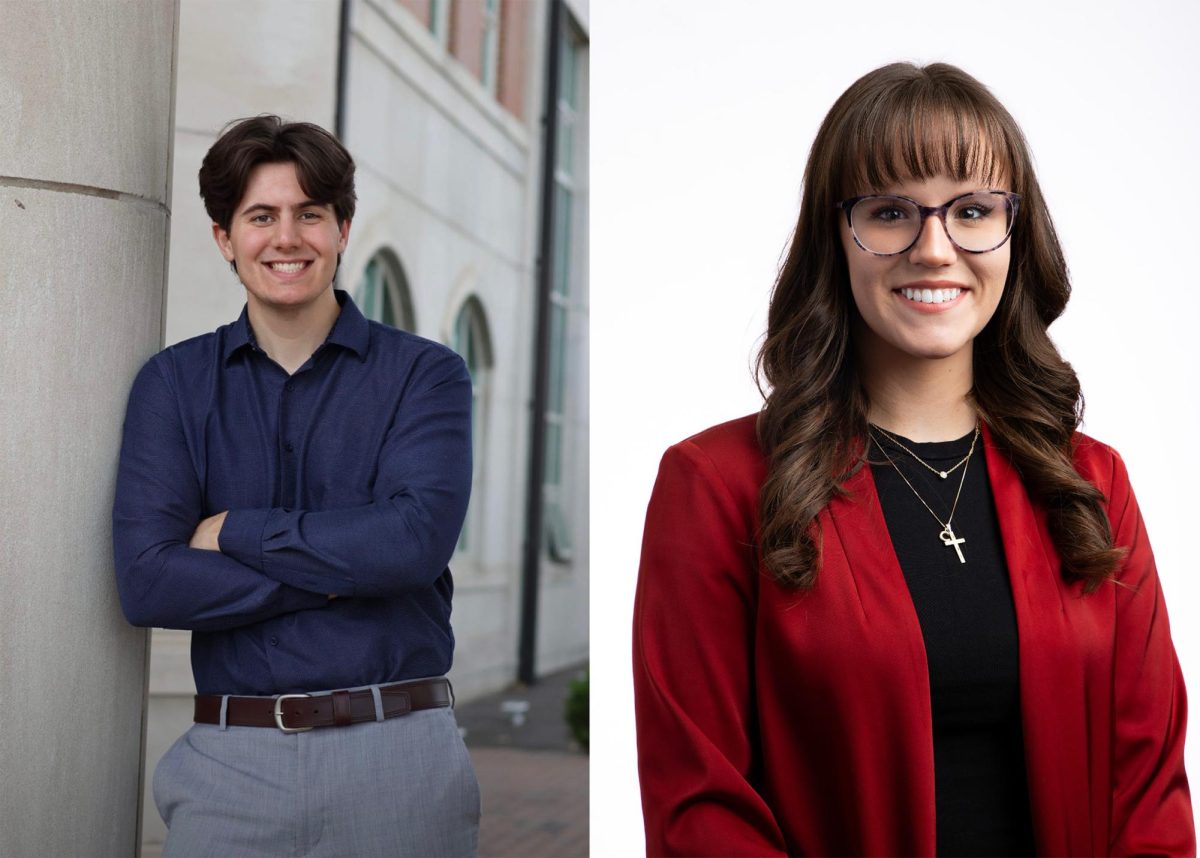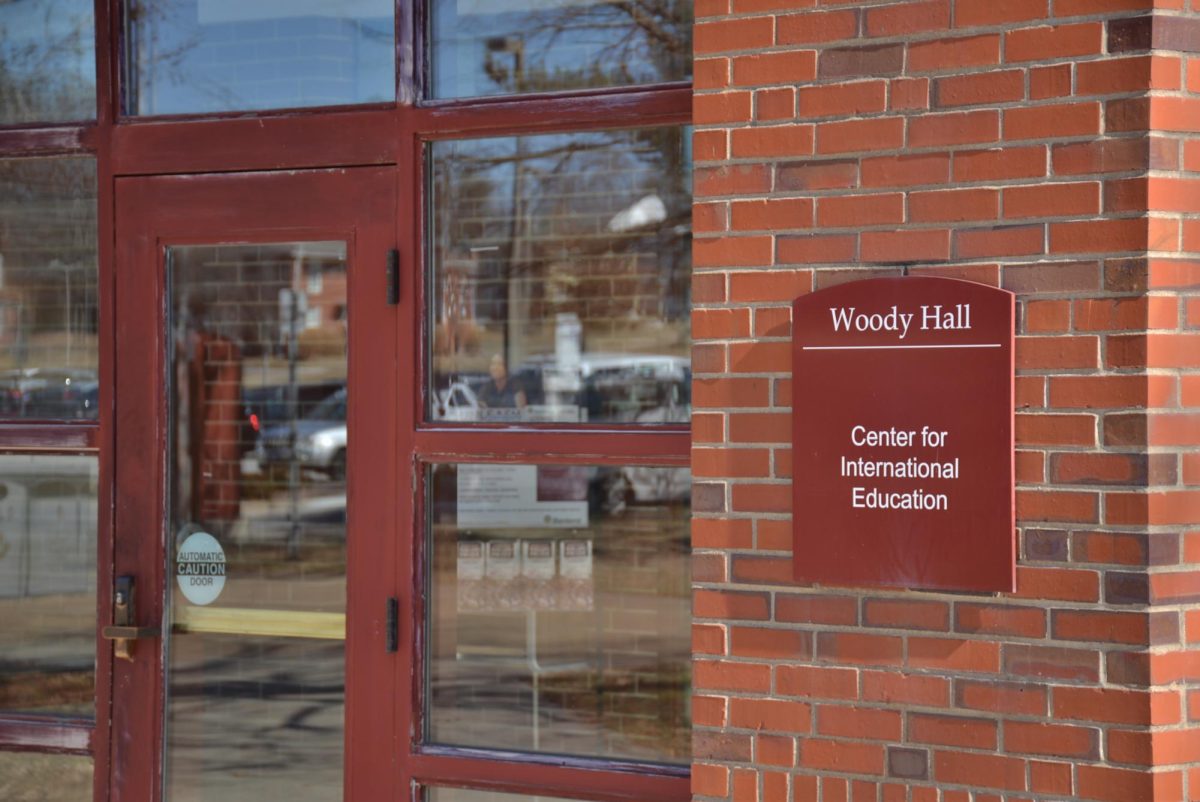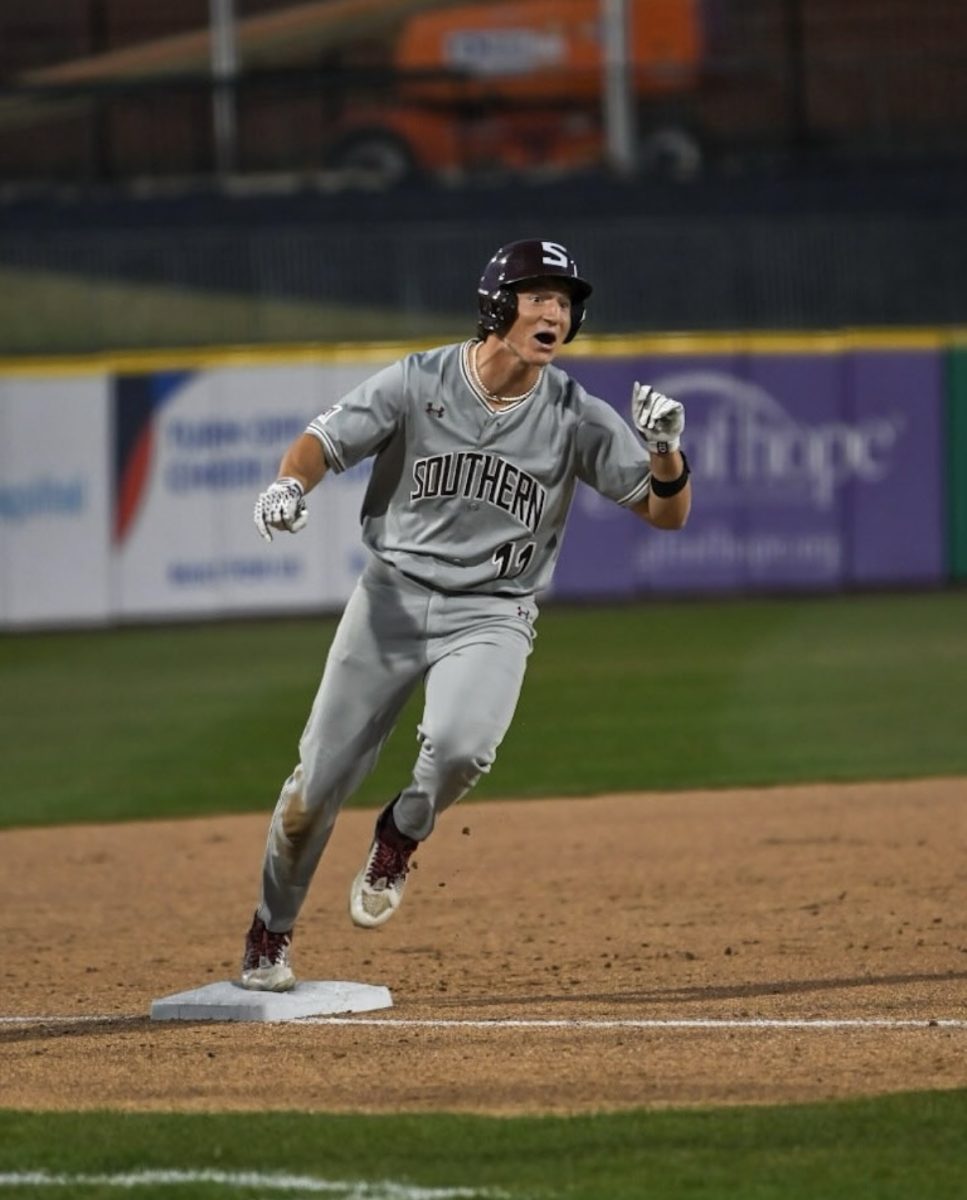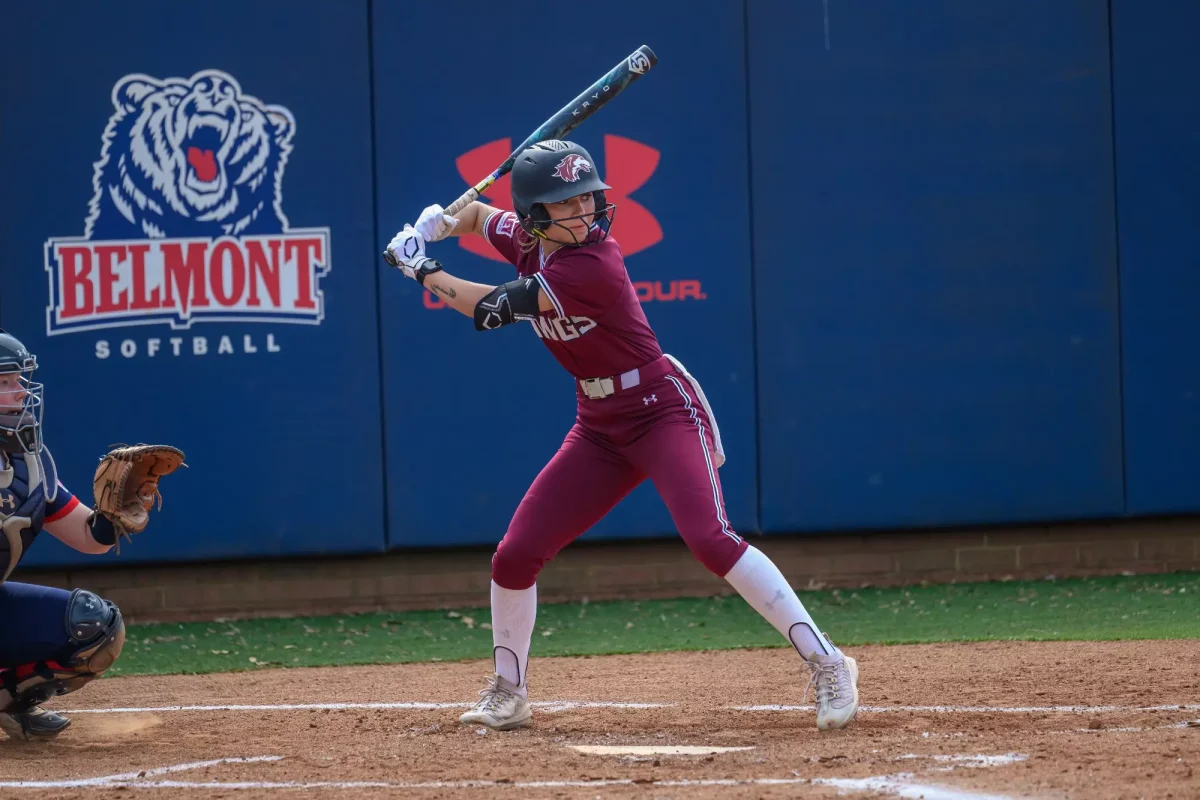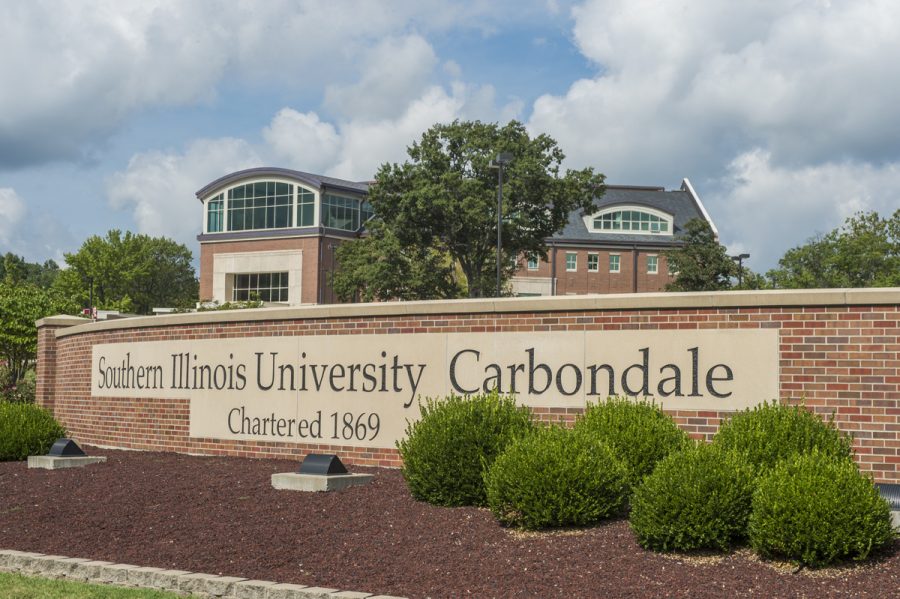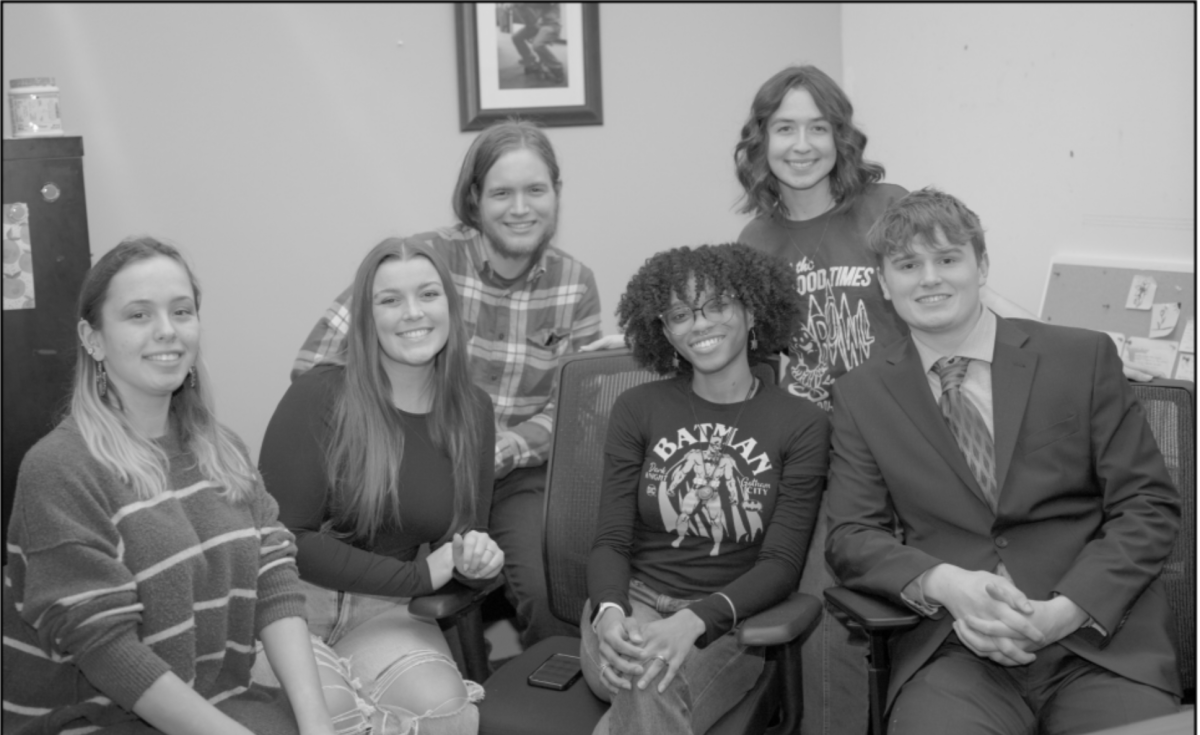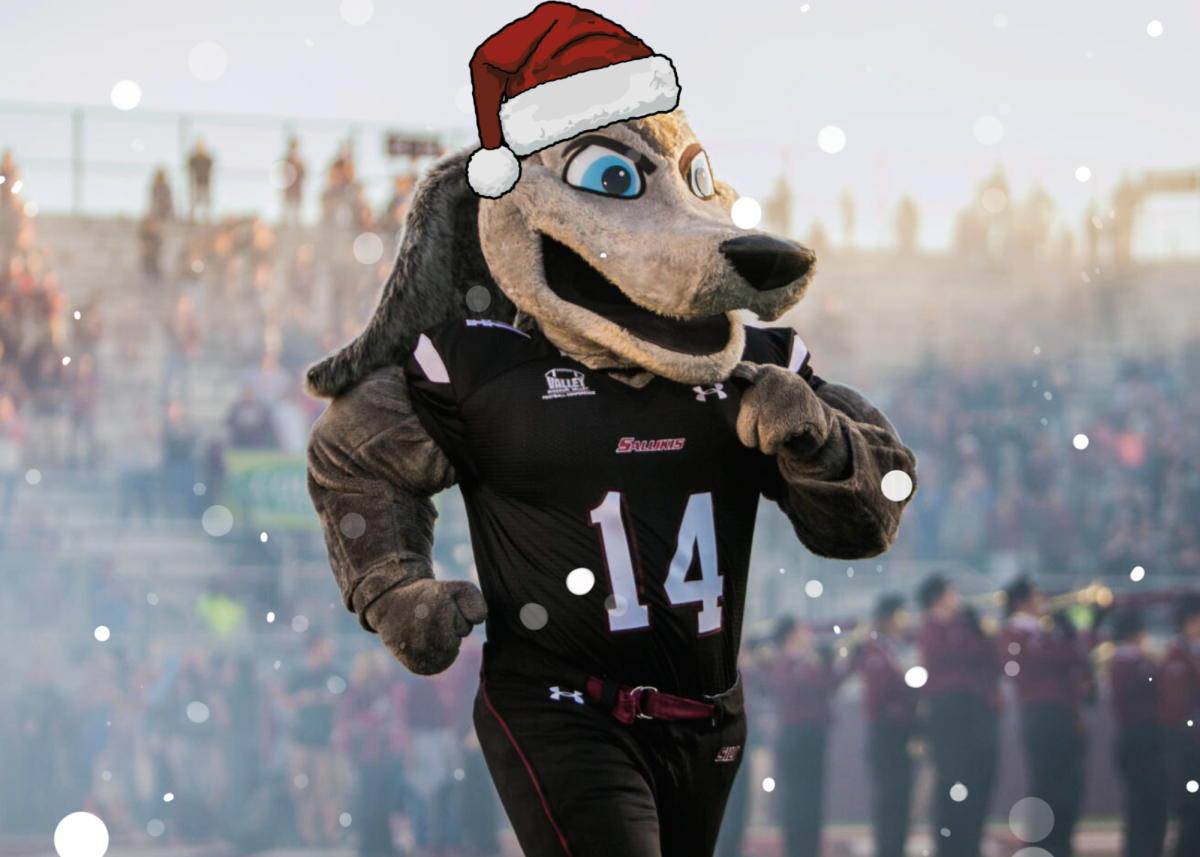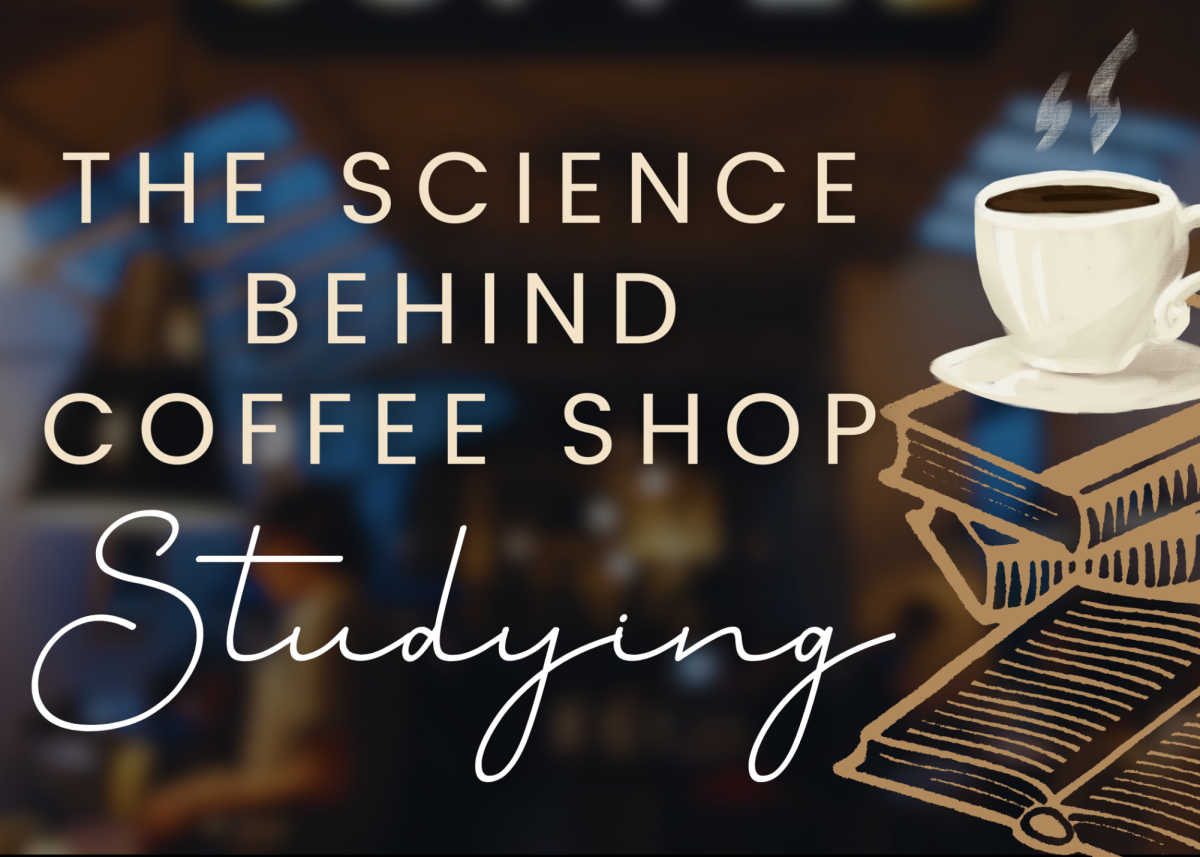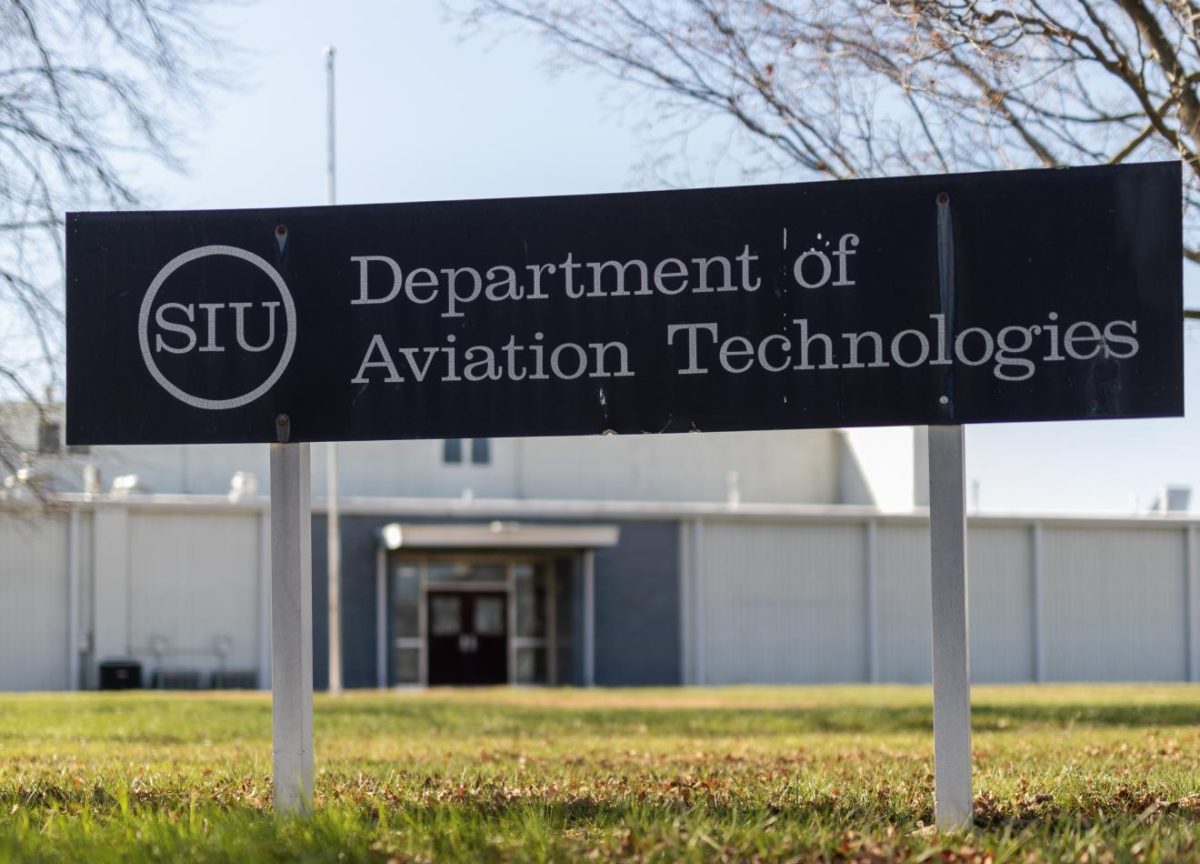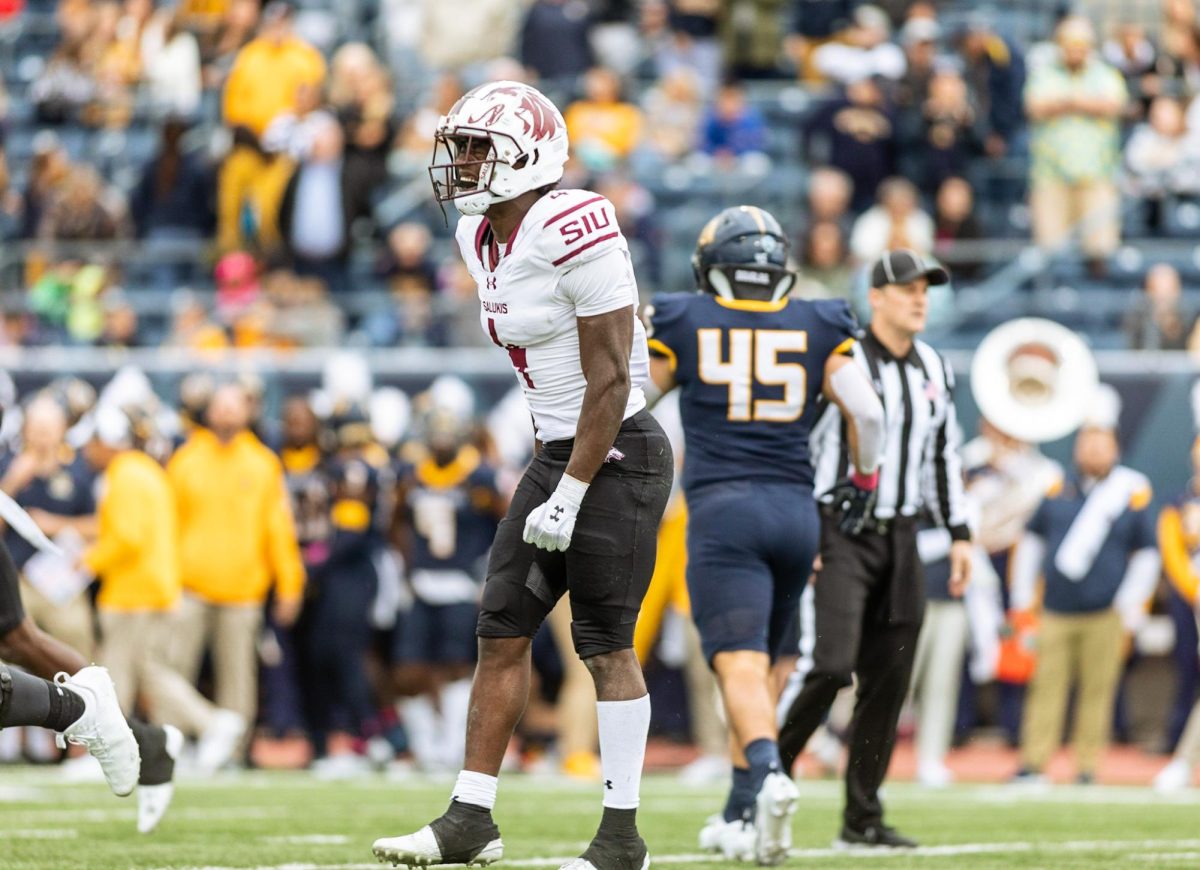For more than a century, the NCAA’s use of the term ‘amateurism’ was a catalyst in preventing student athletes from profiting off of their name, image and likeness (NIL). But a Supreme Court decision found this policy to be illegal on June 21, 2021, and ten days later on July 1, the NCAA approved athletes in college to monetize their NIL. When the legislation was passed, it gave new enthusiasm for those competing in collegiate sports.
“I was excited coming in…I think it’s a good thing for college athletes,” SIU basketball center Cade Hornecker said.
He was preparing to enter his senior year at Amarillo High School in Texas when the news was announced. He said he knows guys who played in college and held big roles on their respective teams and have nothing to show for it, but that does not have to be the case anymore.
Advertisement
“I feel like that’s always been the thing for college athletes, specifically, is like ‘you’re the face of the program or the face of the school’ and you’re seeing no money from it,” Hornecker said.
When the NIL deal went into effect, it hit the ground running immediately with hundreds of athletes across the nation beginning to sign endorsement deals.
The laws initially were only allowed in certain states including Florida, Illinois and Texas. In those areas, we saw the top stars in college sports begin to announce they were selling their own merchandise and collaborating with brands for sponsorships.
For Sam Dodd, a player on the SIU women’s soccer team, it wasn’t clear what allowing NIL meant, but these deals she began to see definitely piqued her interest.
“I was initially very confused,” Dodd said. “…and then once I saw people taking advantage of it, I started to become interested and wanted to learn more about it and how I could become involved.”
But a strong argument against NIL showed its face here, as opportunities like the ones being publicized aren’t accessible for every collegiate athlete in the country.
“Unless you’re at like a big, high, major school or a Power Five school, then NIL wasn’t really that much of a thing,” Hornecker said.
Advertisement*
This was specifically the case for SIU, as collectives created for providing NIL opportunities didn’t take shape until fall of 2022. It began with the Saluki Football Alliance, in which football players got involved in the community working with different businesses in the area and alumni. Fans also could donate to support the college football team.
But there were still barriers that prevented a full-fledged NIL outbreak on the Carbondale campus.
“The current environment, both legal and legislative, prevents us from providing a more permanent solution and the level of detail student athletes deserve,” NCAA president Mark Emmert said in a 2021 statement announcing the policy.
Although not as lucrative as deals seen at larger universities, it was a start for SIU to begin to support their student athletes. It led to another collective the following semester on March 27, when Saluki men’s basketball stepped into the NIL spotlight with the FloorburnU collective.
“The creation of NIL FloorburnU allows our student athletes to enjoy that rich experience, while also maximizing their market potential,” SIU basketball head coach Bryan Mullins said at the collective’s announcement.
It provided a renewed eagerness about the future of NIL in Carbondale.
“With the collective starting up, me and my teammates are really excited about how they’re going to help us out this year, and possible other opportunities in the community that are going to be presented because of that,” Hornecker said.
Collectives like the Saluki Football Alliance and FloorburnU were initiatives SIU helped form for their athletes. Even though they didn’t begin as quickly as bigger schools, the effort is appreciated.
“I think it has gotten better…as time has gone on, I think the SIU athletic staff has done better with helping athletes get deals,” Dodd said.
FloorburnU is partnered with Opendorse, an athlete marketplace and technology company. Chris Schoemann has worked in the NCAA for more than 30 years, and helped lead the formation of this collective. With his experience, he believes that Southern Illinois provides a great opportunity for the athletes and fans in the community.
“For a city and alumni base as relationship-oriented as Carbondale and SIU, it seems only fitting that the community has come together in this way,” Schoemann said at the collective’s reveal. “We could not be more excited to be working with this institution.”
Although the initial funds for this collective are going towards men’s basketball, it was described as being dedicated towards supporting all student athletes at SIU. Hornecker believes that if this plan is successful with the basketball team, there will be a trickle-down effect into the other sports around campus.
“I think when people see it working for us, other superfans of other sports will be like ‘if they can help out them [the men’s basketball team], then maybe we’re gonna help out the women’s basketball team, the women’s soccer team,’” Hornecker said.
This money won’t come to fruition immediately, but the efforts put forth by the university are intended to spread to all 16 sports at SIU so every student athlete can profit off of their name, image and likeness.
“I think we’re off to a good start honestly. It’s a really hard thing to figure out with so many teams on campus and a lot of student athletes, but I think that they’re headed in the right direction with this collective,” Hornecker said.
With an athlete’s tedious schedule, they don’t have the opportunity to work part-time jobs while still needing to find a source for income.
“It helps us because we have no time to work…to be able to make ends meet, paying for rent, buying food and things like that,” Hornecker said.
In fact, they are essentially working jobs without compensation, and deals in which athletes in college sports can monetize their name, image and likeness allow them to market themselves as brands and make money while competing in their sport.
“Everyone always says how college athletics is like a full-time job, so I think athletes should start jumping onto the opportunity to make money from their platform and name,” Dodd said.
Dodd has found several NIL ventures through social media, which she believes is an avenue that more student athletes should look into.
“I have gotten a decent amount of NIL deals, some bigger than others,” Dodd said. “But I would say a majority of the deals that I have gotten are through my own personal socials and my own networking, when I reach out to companies or they reach out to me personally, not necessarily through SIU.”
Student athletes can can grow as a brand or business while simultaneously growing in their sport in order to make the most of their time in college, Dodd said.
“I think social media nowadays is a lot more powerful than most may think, so the main thing I can think of is social media platforms allowing athletes to kind of promote themselves on issues media accounts,” she said. “It helps the public get to know the athlete, as well as endorsement brands.”
While SIU says it is doing its due diligence to support all of the student athletes on campus, it will take time, and there are other ventures that athletes can partake in so they can bring in some of the money they help bring in.
Advertisement



